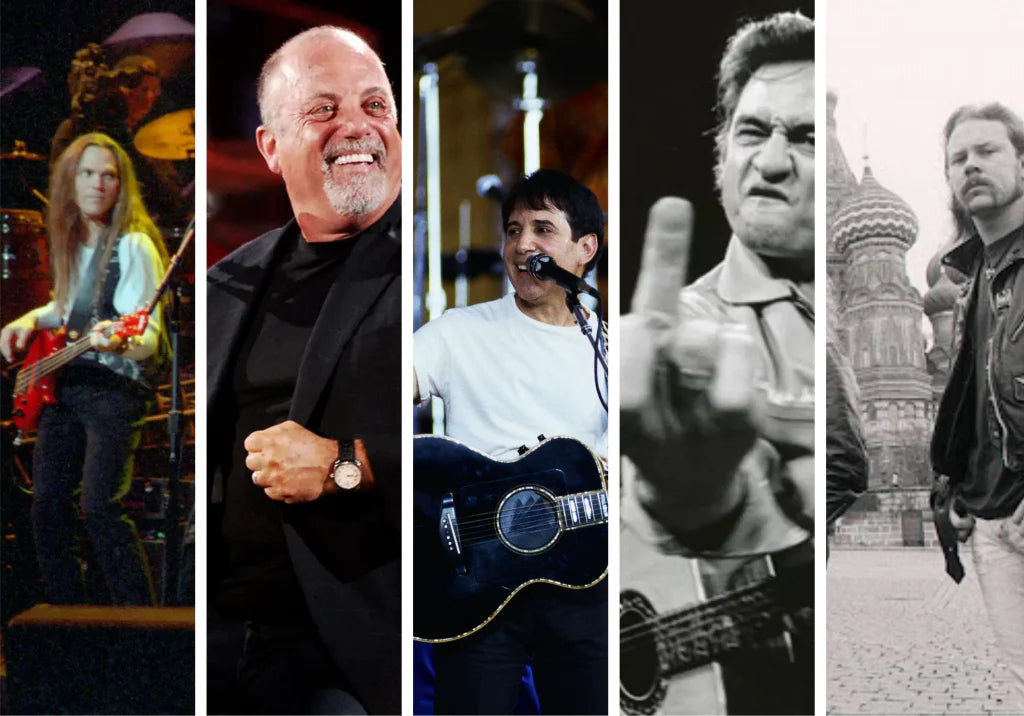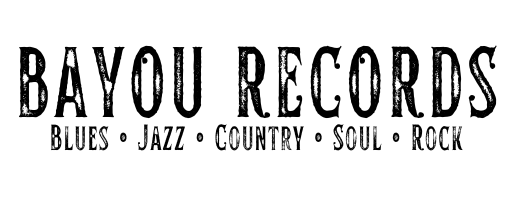
The 5 Best Ever Concerts in Music History
Share
Live music has an unparalleled ability to create moments that transcend time. Among the countless concerts performed over the years, a select few have achieved legendary status. Here are the five best concerts ever, where music met history and left an indelible mark.
5. Johnny Cash at Folsom Prison (1968)
Johnny Cash’s performance at Folsom Prison wasn’t just a concert; it was a cultural moment. On January 13, 1968, Cash played for the inmates of Folsom Prison in California, blending his rebel spirit with a heartfelt connection to the incarcerated audience. Songs like “Folsom Prison Blues” resonated deeply, embodying the struggles of those in the room. The recording became a groundbreaking live album, revitalizing Cash’s career and cementing his image as the Man in Black.
Why It’s Iconic:
- A raw and authentic performance in an unconventional venue.
- The album became one of Cash’s most celebrated works.
- It highlighted Cash’s empathy for the marginalized.
No film was taken of the event, so we can’t include a clip here. Mercifully, Joaquin Phoenix did a pretty damn good job of recreating it in the 2005 feature film about Johnny – Walk The Line.
4. Billy Joel at Shea Stadium (2008)
Dubbed “The Last Play at Shea,” Billy Joel’s 2008 concerts at New York’s Shea Stadium marked the end of an era before the stadium’s demolition. Over two nights, Joel delivered a career-spanning setlist, inviting iconic guests like Tony Bennett, Garth Brooks, and Paul McCartney to join him. The performance was a love letter to his hometown and a celebration of music’s power to bring people together.
Why It’s Iconic:
- A farewell to one of baseball’s most beloved stadiums.
- Guest appearances by music legends.
- A nostalgic and emotional connection to New York City.
To reiterate the intense significance of this moment, enjoy a clip of the moment when Billy brings Paul McCartney on stage for “Let It Be”. Take notice of the looks on the faces of the lucky ones in the crowd who understand what they’re witnessing.
3. Eagles Hell Freezes Over Concert at Warner Brothers Studio (1994)
After a 14-year hiatus, the Eagles reunited for their “Hell Freezes Over” tour, named after Don Henley’s famous quip about when the band would play together again. The live recording at Warner Brothers Studio was a masterclass in musicianship, featuring acoustic renditions of classics like “Hotel California” and new hits like “Get Over It.” It also birthed what’s become my favourite Eagles song of all time – Timothy B Schmidt’s rendition of “Love Will Keep Us Alive.”
Why It’s Iconic:
- Marked the reunion of one of rock’s greatest bands.
- Breathtaking acoustic arrangements of timeless songs.
- A perfect blend of nostalgia and new beginnings.
It’s no secret that I think Timothy B Schmidt is one of the most underrated musicians of all time. He’s not especially famous. Hell, he’s not even a recognisable member of the Eagles; and, he didn’t write this song. Yet somehow I just can’t imagine anyone else singing it. When that happens, you know you’ve found something special.
2. Metallica in Moscow (1991)
On September 28, 1991, Metallica performed in front of a staggering 1.6 million people at the Monsters of Rock festival in Moscow, just as the Soviet Union was dissolving. This high-energy concert captured the raw power of rock and the spirit of freedom, becoming a symbol of change for a generation. Theirs was the perfect style of music to convey the mass purge of oppression.
Why It’s Iconic:
- One of the largest concerts in history.
- A pivotal moment in post-Soviet cultural history.
- Metallica’s electrifying performance amidst political upheaval.
Rather than prattle on about it any more, we’ll let Lars Ulrich explain it himself:
And of course, a clip from the show itself:
1. Paul Simon’s Graceland: The African Concert (1987)
Paul Simon’s “Graceland” project celebrated South African music and culture during apartheid. The Graceland concert in Zimbabwe brought together artists like Ladysmith Black Mambazo and Miriam Makeba. It was more than a performance—it was a powerful statement of unity and hope. Simon came under serious fire for his choice to ignore international sanctions on South Africa. But once again, music became a tool for positive change.
Why It’s Iconic:
- A groundbreaking fusion of Western and African music.
- A message of cultural appreciation and resistance to apartheid.
- Legendary collaborations with South African artists.
To call this concert culturally significant is depressingly insufficient. But alas, English is a limited language. So, watch some instead and see for yourself:
Final Thoughts
Each of these concerts transcended mere performance, becoming defining cultural moments. Whether through breaking barriers, uniting fans across divides, or delivering once-in-a-lifetime performances, these shows continue to inspire music lovers everywhere to this day.
